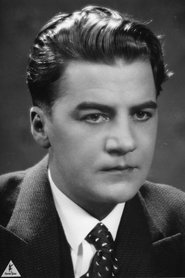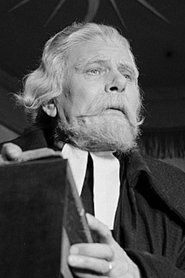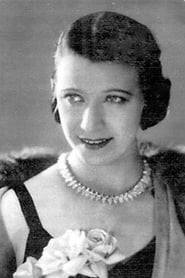
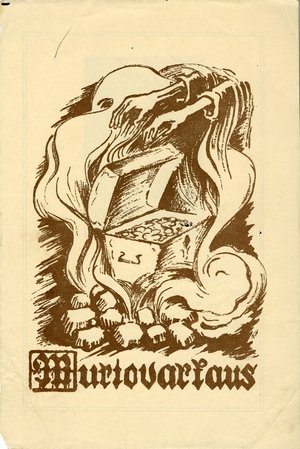
Murtovarkaus(1926)
Niilo, a son of a rich estate owner, is in love with a poor crofter's adopted daughter Heleena. However, on his father's orders, Niilo instead becomes engaged to Loviisa, a daughter of a wealthy landowner. When Niilo wants to call off the engagement, his proud and rejected bride begins to interfere with the lovers' relationship with the help of Penttula, who is said to be able to perform miracles.

Movie: Murtovarkaus
Top 10 Billed Cast
Peltola
Miina Ukonniemi
Antti Ahola
Maria Ahola
Heleena
Hoppulainen
Penttula

Murtovarkaus
HomePage
Overview
Niilo, a son of a rich estate owner, is in love with a poor crofter's adopted daughter Heleena. However, on his father's orders, Niilo instead becomes engaged to Loviisa, a daughter of a wealthy landowner. When Niilo wants to call off the engagement, his proud and rejected bride begins to interfere with the lovers' relationship with the help of Penttula, who is said to be able to perform miracles.
Release Date
1926-09-27
Average
0
Rating:
0.0 startsTagline
Genres
Languages:
No LanguageKeywords
Similar Movies
 7.6
7.6Battleship Potemkin(ru)
A dramatized account of a great Russian naval mutiny and a resultant public demonstration, showing support, which brought on a police massacre. The film had an incredible impact on the development of cinema and is a masterful example of montage editing.
 7.1
7.1Nanook of the North(en)
This pioneering documentary film depicts the lives of the indigenous Inuit people of Canada's northern Quebec region. Although the production contains some fictional elements, it vividly shows how its resourceful subjects survive in such a harsh climate, revealing how they construct their igloo homes and find food by hunting and fishing. The film also captures the beautiful, if unforgiving, frozen landscape of the Great White North, far removed from conventional civilization.
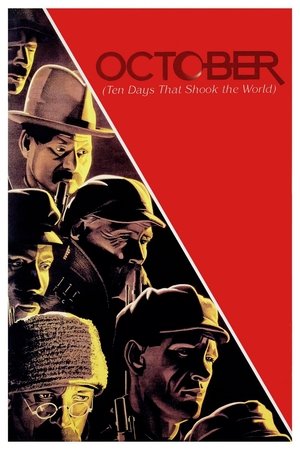 6.9
6.9October (Ten Days that Shook the World)(ru)
Sergei M. Eisenstein's docu-drama about the 1917 October Revolution in Russia. Made ten years after the events and edited in Eisenstein's 'Soviet Montage' style, it re-enacts in celebratory terms several key scenes from the revolution.
 6.9
6.9The Country Girl(en)
An actor on the skids is given one more chance to regain his stardom, as well as his self-respect, yet his alcoholism may prevent that from happening.
Cid(sk)
Ximéná and Rodrigo love each other, but in order to remain worthy of each other, they decide to fulfill the command of honor. Don Rodrigo avenges the insult that Ximéná's father caused his father, and Ximéná asks the king to punish Rodrigo. The king forgives Rodrigo-Cid for killing Ximéná's father, Don Gómez, in the name of the honor of his family, because Rodrigo will save the land from the Moorish invasion.
 7.0
7.0Othello(en)
Noble Moroccan Othello finds his life with beautiful, fiercely loyal Desdemona thrown tragically out of balance when secretly jealous, scheming confidante Iago begins an insidious campaign of lies and treachery.
 6.8
6.8Closer(en)
A love story about chance meetings, instant attractions, and casual betrayals. Four strangers - with one thing in common: each other.
 0.0
0.0El canto de la cigarra(es)
The teenage Bisbi, who plays the role of mother to her younger siblings, is the daughter of the indolent Aris, someone who just observes the passing of the years, hoping that circumstances will provide what his family may need, like the cicada in the fable; even when Bisbi tries to make him understand that their survival depends on their personal effort, which is what the industrious ant did every day…
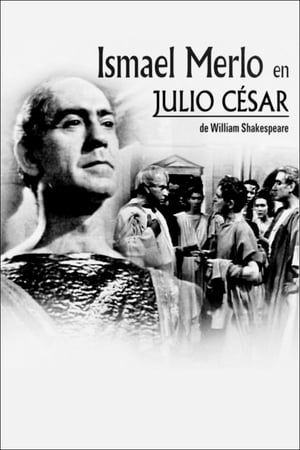 0.0
0.0Julio César(es)
After Pompey's defeat at the Battle of Farsalia, Julius Caesar becomes the beacon of the Roman Republic and the master of its destiny; but many patricians want to avoid the birth of a tyranny and plot to assassinate him…
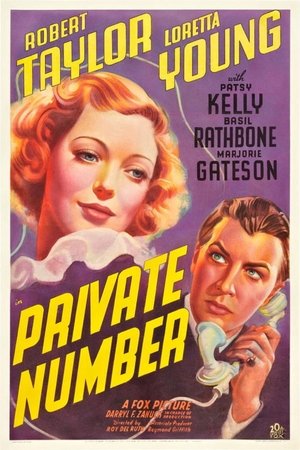 6.5
6.5Private Number(en)
Ellen Neal, a young and inexperienced maid, becomes romantically involved with her employers son which causes various complications. The head butler also has an infatuation for the young girl but his intentions are not that good.
 8.5
8.5The Wars of the Roses(en)
A 1965 BBC adaptation of William Shakespeare's first historical tetralogy (1 Henry VI, 2 Henry VI, 3 Henry VI and Richard III), which deals with the conflict between the House of Lancaster and the House of York over the throne of England, a conflict known as the Wars of the Roses. It was based on the 1963 theatre adaptation by John Barton, and directed by Peter Hall for the Royal Shakespeare Company.
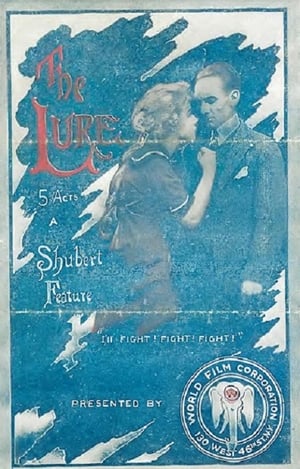 1.0
1.0The Lure(en)
Charlotte Baker is drugged and taken to a brothel by Paul, her fiance, who in reality is a pimp. To find her, Charlotte's family contacts the celebrated detective Bob Macauley.
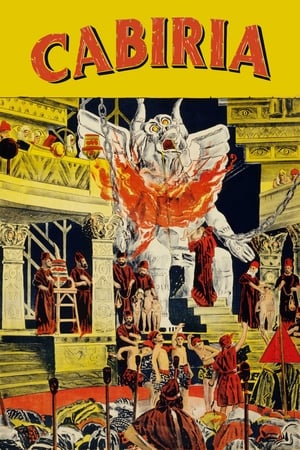 7.2
7.2Cabiria(it)
Young Cabiria is kidnapped by pirates and sold as a slave in Carthage. Just as she's to be sacrificed to Moloch, Cabiria is rescued by Fulvius Axilla, a good-hearted Roman spy, and his powerful slave, Maciste. The trio are broken up as Cabiria is entrusted to a woman of noble birth. With Cabiria's fate unknown, Maciste punished for his heroism, and Fulvius sent away to fight for Rome, is there any hope of our heroes reuniting?
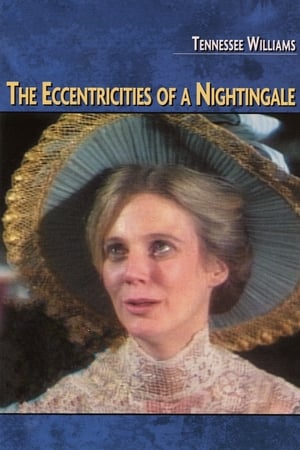 8.3
8.3The Eccentricities of a Nightingale(en)
The tale of a lonely Southern woman's longing for her handsome next-door neighbor. At once tragic and romantic, the story is a reworking of the Williams play "Summer and Smoke," which uses the same characters and setting but in dramatically different ways.
The Alchemistic Suitcase(en)
A nervous and unsettling young boy takes a mysterious old suitcase across London... to a twisted and surreal conclusion.
The Tender Hour(en)
Marcia Kane, daughter of an American capitalist, is persuaded by her father to marry the expatriated Russian Grand Duke Sergei, and believing Wally, her real love, to be dead, she consents. Discovering after the ceremony that her father has tricked her, Marcia vows to be the duke's wife in name only, though she refuses Wally's proposal that she go away with him.
 7.2
7.2Driving Miss Daisy(en)
The story of an old Jewish widow named Daisy Werthan and her relationship with her black chauffeur, Hoke. From an initial mere work relationship grew in 25 years a strong friendship between the two very different characters, in a time when those types of relationships were shunned.
 6.8
6.8Romeo + Juliet(en)
In director Baz Luhrmann's contemporary take on William Shakespeare's classic tragedy, the Montagues and Capulets have moved their ongoing feud to the sweltering suburb of Verona Beach, where Romeo and Juliet fall in love and secretly wed. Though the film is visually modern, the bard's dialogue remains.
 6.5
6.5Blackmail(en)
London, 1929. Frank Webber, a very busy Scotland Yard detective, seems to be more interested in his work than in Alice White, his girlfriend. Feeling herself ignored, Alice agrees to go out with an elegant and well-mannered artist who invites her to visit his fancy apartment.
